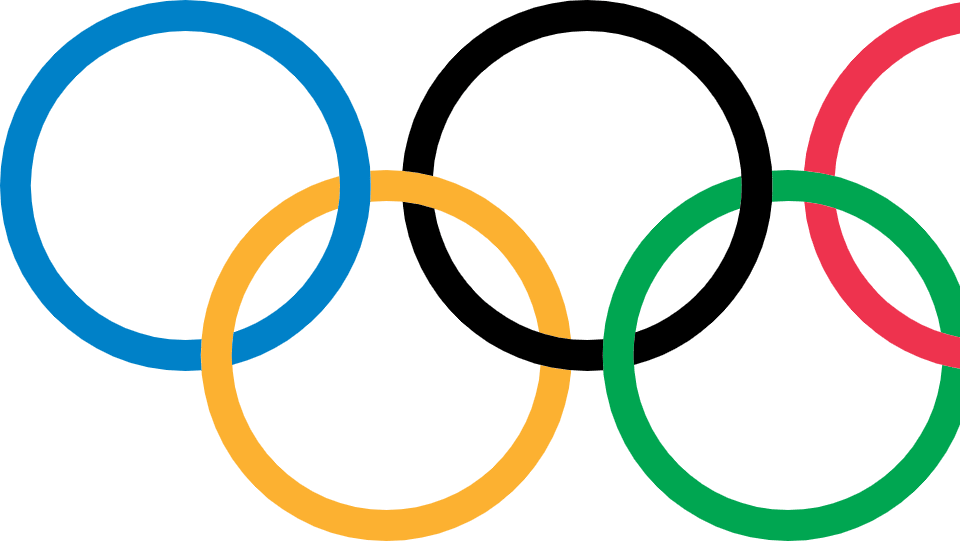Vancouver celebrates one year on

12 February 2011 will mark one year to the day of the Opening Ceremony of the Vancouver 2010 Olympic Winter Games. The Ceremony, which was dedicated to the memory of the Georgian luge athlete Nodar Kumaritashvili, who had tragically died in a training accident that morning, introduced the world to a city and a country ready to open their arms and welcome the world and the best winter athletes for 16 days of top-level sporting competition and a party that would go down in the annals of Canadian history. This weekend, events will be held across the country to commemorate the start of those Games, including a special breakfast event for the fabulous “blue jacket” volunteers.
Sporting Exploits
With a record 82 National Olympic Committees (NOC) taking part in the Vancouver Games, the 16 days of sport that followed the Opening Ceremony were always going to be competitive and draw world-wide interest. So it was no surprise that 26 different NOCs ended-up winning medals and that the Games drew in record-breaking audience numbers. Perhaps for the home crowd, the greatest exploit of the Games was Team Canada’s record 14 gold medals, including Canada’s first on home soil and in ice hockey. This had been made possible in part thanks to the “Own The Podium” programme, which provided funding to Canadian athletes striving for victory and is being continued and expanded due to its success last year.
Looking After The Environment
The Vancouver Games were about more than just great sport, however. They were also about leaving a sustainable legacy to the city, region and country. Environmental sustainability was a key element of the Vancouver 2010 Organising Committee’s (VANOC) strategy, with an ambitious carbon management programme put in place; sporting venues that were all built to according to Canada’s green-building standards; new public transport infrastructure created to take people out of their cars; and a successful Games-time drive to get people onto public transport that continues to bear its fruits even now. From its award-winning venues to its effect on people’s transport habits, the Vancouver Games undoubtedly set new global standards for environmental sustainability at a sporting event.
Creating Better Futures
The Games also played an inspirational role for more than just those watching on TV or who were in the stadium. VANOC worked with their partners to ensure that disadvantaged sectors of society also profited from the Games, with initiatives like the Vancouver 2010 Fabrication Shop providing carpentry training and work experience for disadvantaged young people, indigenous people, single mothers and immigrants. A separate programme saw local philanthropic florists June Strandberg and Margitta Schulz lead a group of 23 women in producing the 1,750 Victory Ceremony bouquets for the Games. Many of the women had experienced violence in their lives, were single parents, or were recovering from drug and alcohol abuse. Today, these trainees have a stronger skill set, greater confidence and the opportunity to gain further employment as a result of their experience while working on the Games. But the social legacy of the Games was more than just training: the temporary accommodation from the Whistler Olympic Village was sent to six communities in British Columbia to provide 156 permanent, affordable homes for elderly, homeless, and low-income residents.
Investments For Today And Tomorrow
As a catalyst for development, the Games have also played a role in the Canadian economy, with Games venues that will be used by local communities and elite sport for years to come, and a new notoriety that has allowed greater investment in the region. The Metro Vancouver Commerce Olympic Business Program, for example, has generated CAD 306 million in economic impacts in under a year, well over the CAD 50 million that was expected by February 2012. This initiative has also led to the creation of 2,500 jobs in the lower mainland of British Columbia. On the back of the Games, Canada has also moved to the number one spot in the FutureBrands’ Country Brand Index and seen a 10 percent jump in visitors to the country. With even just these few points in mind, there is no doubt that the Vancouver 2010 Olympic Winter Games were a great success both on and off the field of play.
VANCOUVER 2010
Vancouver and Whistler hosted the XXI Olympic Winter Games from 12 to 28 February 2010 and the 2010 Paralympic Winter Games from 12 to 21 March 2010. The seven winter Olympic sports that were on show in Vancouver were luge, skiing, skating, ice hockey, biathlon, bobsleigh and curling.